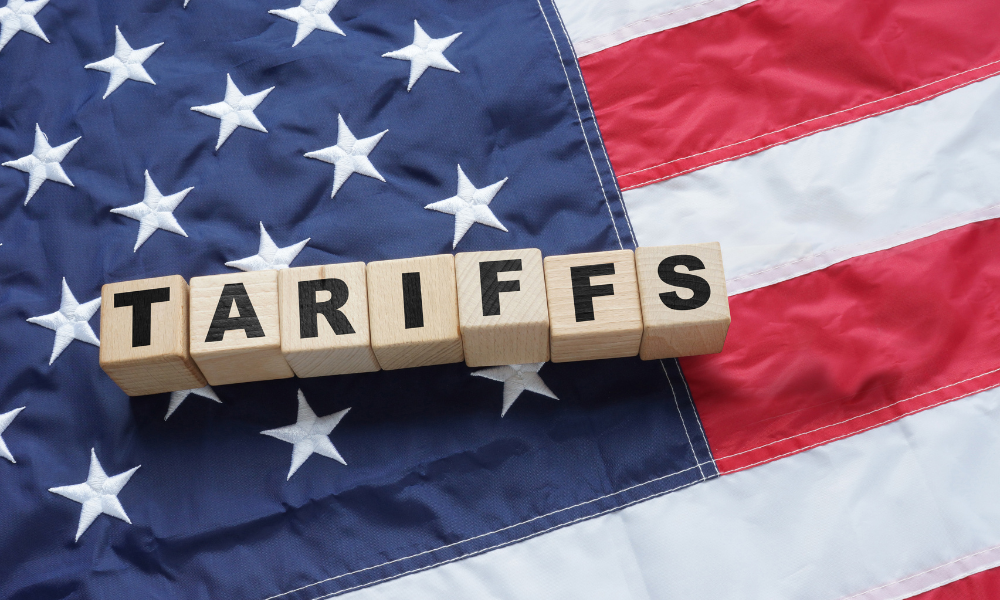

President Trump has branded April 2 ‘Liberation Day’ for America’s trading relationships, but the day will be largely over before we know the extent of his much-trailed tariffs.
The president will speak at 4pm ET in the Rose Garden at the White House, but it’s likely to be more thorns and withering hopes, than growth and blossoming, although the detail will likely be uncertain right up to the last minute, and perhaps beyond.
Talks with key trading partners continue and it may be that the tariffs announced will be an upper limit with the ability for individual countries to negotiate more favorable terms. There could also be a flat rate for all countries with variable rates on top.
The markets are already volatile and that will continue in Wednesday’s trading; global markets have followed the US bourses lower so far and US stock futures are lower with tech stocks among those heading in the wrong direction.
“There isn’t anywhere to purely hide, because of the huge uncertainty that is in the market at the moment,” said Helen Jewell, chief investment officer of fundamental equities EMEA at BlackRock Inc.
Interactive Brokers’ senior economist José Torres says Trump may be forced to be more lenient that the rhetoric has suggested, given pressures in markets and the economy.
“Heavy fogs have weakened investor sentiment, capital expenditure initiatives, consumer spending momentum, and valuation multiples. The murkiness and lethargy are likely to persist absent a substantial increase in visibility,” he said.
Pimco warned Tuesday that the declining business and consumer confidence under current policies is eroding the US's economic advantage and anticipates that protectionist measures could increase inflation and slow economic growth, leading them to consider diversifying investments toward high-quality global bonds.
And Nomura chief economist Rob Subbaraman wrote in a client note that the uncertainty around tariffs has left the world “flying blind.”
“The Trump administration’s proposed reciprocal tariffs mean different things to different people,” he wrote adding that the firm suspects “the criteria for US reciprocal tariffs will be much broader than [matching tariffs imposed on the US by other nations] , and indeed more difficult to quantify.”

Fraud losses among Americans 60 and older surged 43 percent in 2024, led by investment schemes involving crypto and social manipulation.

The alternatives giant's new unit, led by a 17-year veteran, will tap into four areas worth an estimated $60 trillion.

"It's like a soap opera," says one senior industry executive.

The latest annual survey from EBRI and Greenwald Research sheds light on anxieties around living costs, volatility, and the future of federal income support in retirement.

It's a showdown for the ages as wealth managers assess its impact on client portfolios.
RIAs face rising regulatory pressure in 2025. Forward-looking firms are responding with embedded technology, not more paperwork.
As inheritances are set to reshape client portfolios and next-gen heirs demand digital-first experiences, firms are retooling their wealth tech stacks and succession models in real time.
